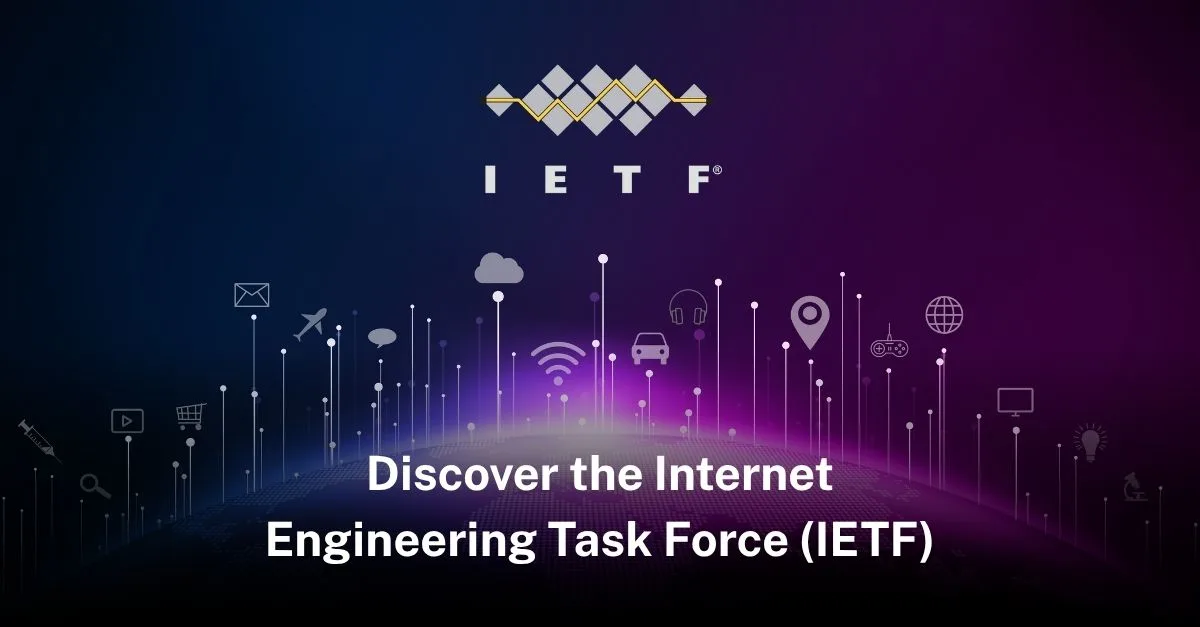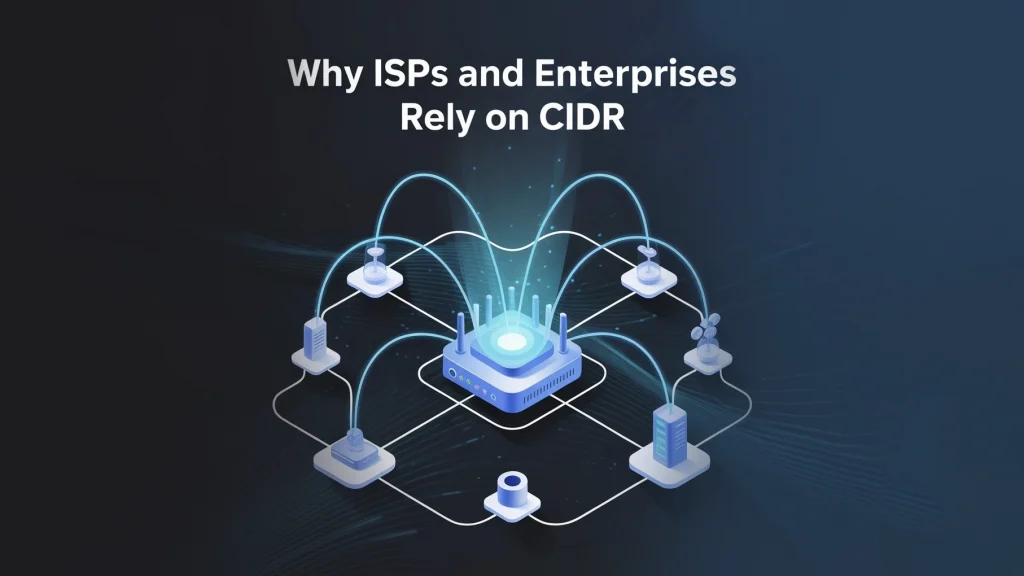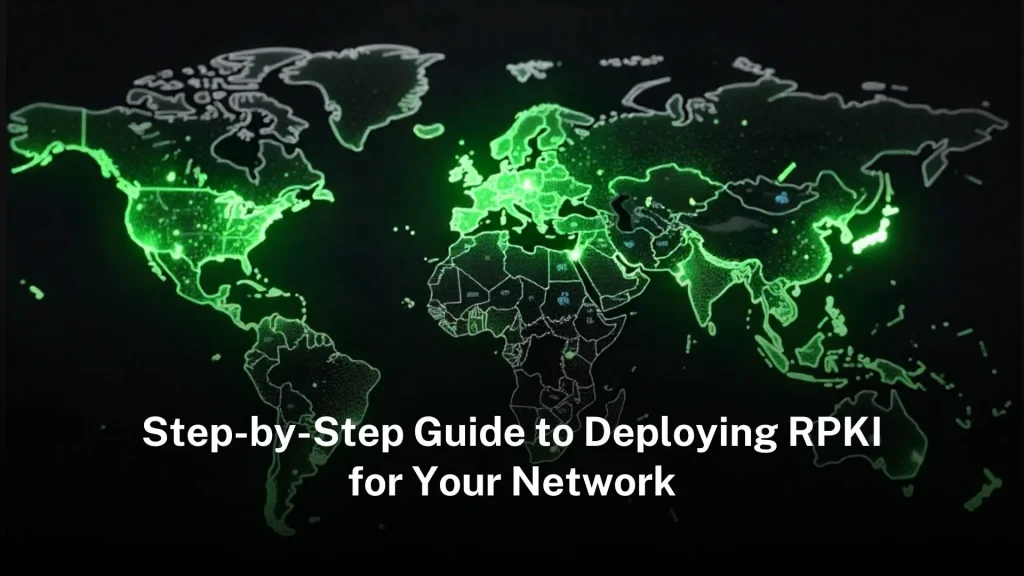The Internet Engineering Task Force (IETF) is a pivotal organization in the realm of internet standards development. It plays a critical role in the creation and maintenance of protocols and standards that govern the Internet. Established in 1986, the IETF is an open international community of network designers, operators, vendors, and researchers concerned with the evolution and smooth operation of the Internet.
Mission and Objectives of IETF
The primary mission of the IETF is to improve the technical foundation of the internet through the development of high-quality, relevant technical documents that influence the way people design, use, and manage the internet. This mission is achieved through the collaborative effort of volunteers who participate in various working groups.
Structure and Working Groups
The IETF is organized into several areas, each focusing on different aspects of internet technology. These areas include applications and real-time, internet, operations and management, routing, security, and transport. Within these areas, there are numerous working groups, each tasked with specific technical challenges and the development of protocols and standards.
For instance, the HTTP Working Group is responsible for the development and maintenance of the HTTP protocol, while the TLS Working Group focuses on Transport Layer Security protocols. These working groups are crucial as they draft and review proposals that eventually become Request for Comments (RFC) documents, which are the official documents of the IETF.
The RFC Series
RFCs are a series of technical and organizational documents that describe the specifications, protocols, procedures, and policies related to the internet and internet-connected systems. The first RFC, published in 1969, laid the groundwork for the Internet as we know it today. Each RFC goes through a rigorous review process, involving feedback and revisions before it is published as a standard.
The IETF and Internet Governance
While the IETF is not a regulatory body, it has a significant influence on internet governance. Its standards are widely adopted and implemented, shaping the technical landscape of the internet. The IETF operates under the auspices of the Internet Society (ISOC), which provides financial and legal support, and maintains the administrative infrastructure needed for the IETF’s operations.
Participation and Meetings
The IETF is an open organization, welcoming participation from anyone interested in its work. This inclusivity is a cornerstone of its success, ensuring diverse perspectives and expertise. The IETF holds three meetings per year in various locations worldwide, attracting hundreds of participants. These meetings facilitate face-to-face collaboration, debate, and decision-making, which are critical for advancing the work of the IETF.
The Internet Engineering Task Force (IETF) is a fundamental entity in the development and maintenance of internet standards. Through its open, collaborative approach, it ensures that the internet remains a robust, scalable, and interoperable platform for global communication and innovation. By participating in the IETF, individuals and organizations contribute to the ongoing evolution of the internet, ensuring it continues to meet the needs of users worldwide.










Leave a Reply